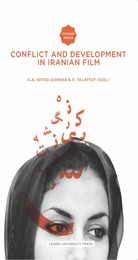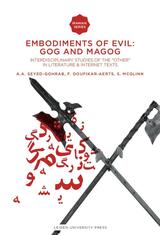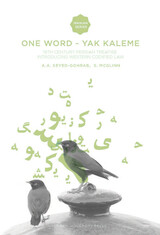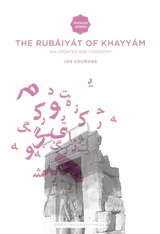



Mirror of Dew introduces one of Iran's outstanding female poets, whose work has not previously been available in English. Zhāle Qā'em-Maqāmi (1883-1946) was a witness to pivotal social and political developments in Iran during its transition to modernity. Persian poetry at that time was often used polemically and didactically, for a mass audience, but Zhāle did not write to be published. The poems, like the mirror, samovar, and other familiar objects we find in them, appear to be the author's intimate companions.
Her poetry is deeply personal but includes social critique and offers a rare window into the impact of a modern awareness on private lives. Zhāle is biting in her condemnation of traditional Persian culture, and even of aspects of Islamic law and custom. She might be called the Emily Dickinson of Persian poetry, although Zhāle was married, against her will. Zhāle is far from the first female poet in Persian literature but is the first we know of to write with an interior, intimate voice about private life, her anxieties, her frustrated love, her feelings about her husband, and many topical issues. This volume presents the Persian text of Zhāle's poems on pages facing the English translations.


Since the collected poems of eleventh- and twelfth-century Persian philosopher Omar Khayyám were first translated into English in 1859 by Patrick Fitzgerald, the Rubáiyát has become one of the most popular books of verse in the world. In addition to English, it has been translated into Arabic, Chinese, Dutch, French, German, Hebrew, Hindi, Russian, Urdu, and many other languages. It has been published in numerous editions: precious volumes with bejeweled bindings, artist’s books, scholarly and critical editions, forgeries and fake editions, making it a perfect object for both book collectors and lovers of poetry. This comprehensive volume is the first bibliography of Khayyám’s classic work since the first Rubáiyát bibliography by A. G. Potter, which was published in 1929
READERS
Browse our collection.
PUBLISHERS
See BiblioVault's publisher services.
STUDENT SERVICES
Files for college accessibility offices.
UChicago Accessibility Resources
home | accessibility | search | about | contact us
BiblioVault ® 2001 - 2024
The University of Chicago Press









